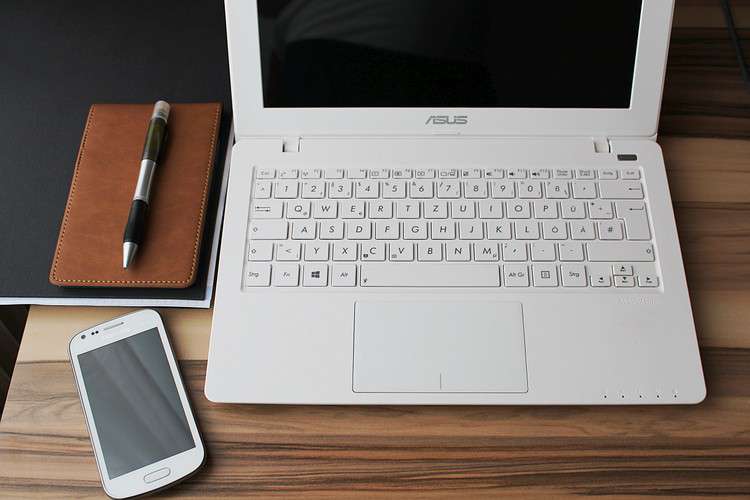Should I Turn on Vpn on iPhone
When it comes to the question of whether or not to turn on VPN on your iPhone, there are a few key factors to consider. VPN, or Virtual Private Network, can provide an added layer of security and privacy when using the internet on your device. However, it may also have some drawbacks and limitations. This article will delve into the pros and cons of using VPN on your iPhone, offering a comprehensive analysis to help you make an informed decision.
One of the main advantages of turning on VPN on your iPhone is the enhanced security it offers. By encrypting your internet connection, VPN ensures that your online activities are protected from potential hackers or surveillance. This is especially crucial when connected to public Wi-Fi networks, which are often targeted by cybercriminals. Moreover, VPN allows you to mask your IP address, making it harder for websites and advertisers to track your online behavior and personal information. These security features can provide peace of mind when browsing the web, particularly when accessing sensitive data such as online banking or personal emails.
Another benefit of using VPN on iPhone is the ability to bypass geographical restrictions and access blocked content. By connecting to a VPN server in a different country, you can appear as if you are browsing from that location. This can be particularly useful for accessing streaming services or websites that are restricted to certain regions. Additionally, some countries impose strict censorship on internet access, blocking websites and social media platforms. VPN can help you bypass these restrictions and ensure that you have unrestricted access to the online content you desire.
However, it's worth noting that using VPN on iPhone may have some drawbacks. One of the main concerns is the potential impact on internet speed. Because VPN encrypts your data and routes it through an external server, it can cause a slight slowdown in internet performance. The extent of this slowdown will depend on several factors, including the distance between your device and the server, server capacity, and the quality of your internet connection. While the impact is usually not significant for general browsing, it could become noticeable when streaming content or downloading large files. Therefore, it is important to consider whether the added security and privacy outweigh the potential decrease in speed.
In addition to the potential impact on internet speed, another limitation of using VPN on iPhone is the increased battery usage. VPN encrypts and routes your data through an external server, which requires constant processing power from your device. This can result in a higher battery drain compared to browsing without VPN. However, the impact on battery life will vary depending on the VPN service you choose and your usage patterns. Some VPN providers offer optimized settings or battery-saving features, which can help mitigate the impact. If you rely heavily on your iPhone throughout the day and already struggle with battery life, this aspect is worth taking into consideration when deciding whether or not to activate VPN.

In conclusion, the decision of whether or not to turn on VPN on your iPhone depends on your specific needs and priorities. If privacy and security are paramount, using VPN can provide an added layer of protection when accessing the internet. It can also help you bypass geographical restrictions and access blocked content. However, it's important to consider the potential impact on internet speed and battery life.weigh the benefits against the potential drawbacks and make an informed decision based on your individual circumstances. By weighing the benefits against the potential drawbacks, you can make an informed decision that aligns with your individual circumstances.
